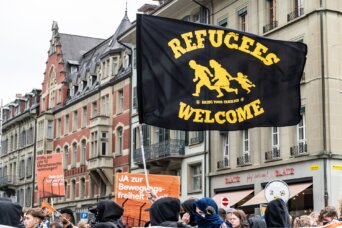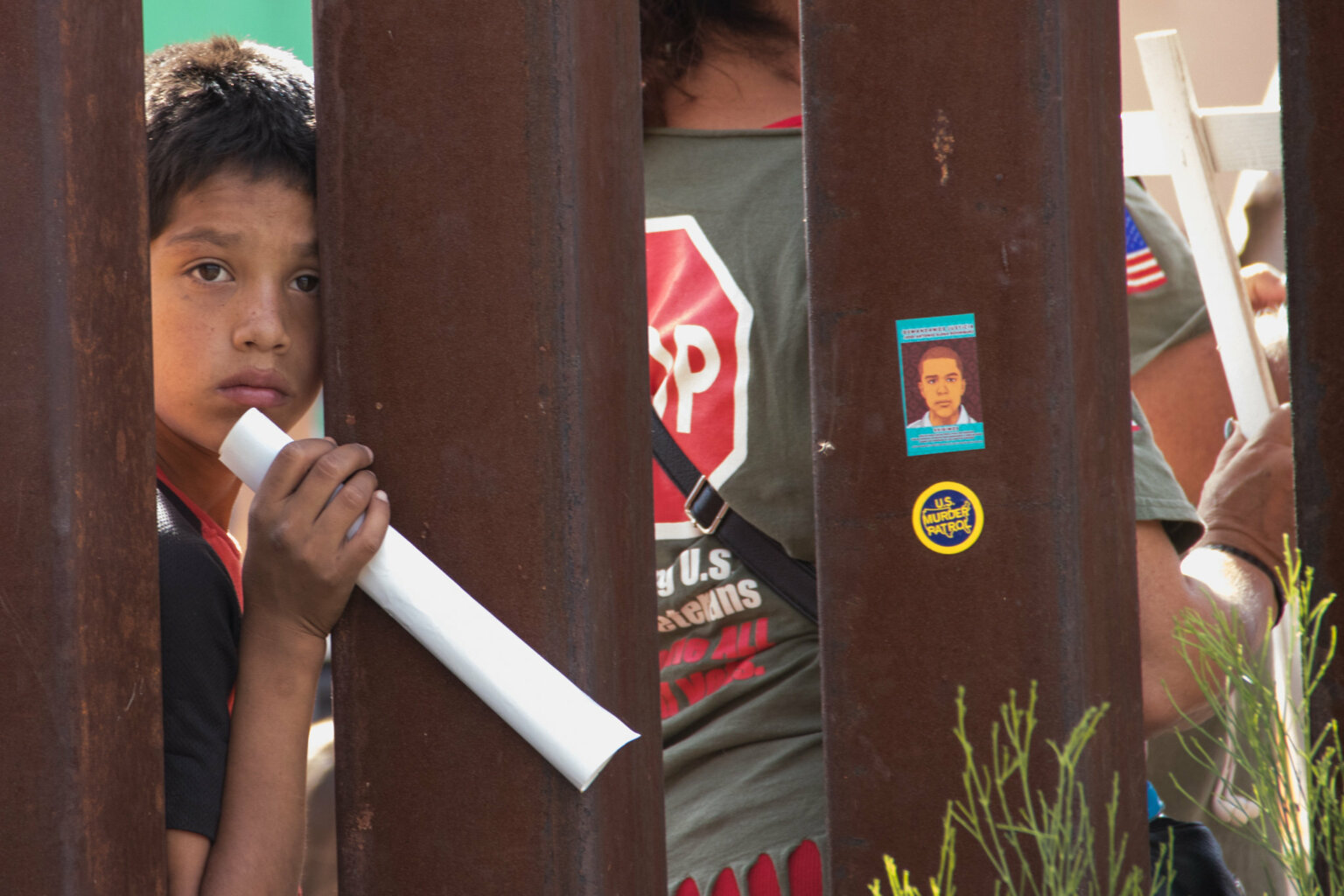- About
- Topics
- Picks
- Audio
- Story
- In-Depth
- Opinion
- News
- Donate
- Signup for our newsletterOur Editors' Best Picks.Send
Read, Debate: Engage.
| topic: | Migration |
|---|---|
| located: | Bosnia and Herzegovina, Germany, Ukraine, Austria |
| editor: | Katarina Panić |
The wave of incoming refugees from Ukraine has slowed down economic migration to the EU, but only in the short-run. A similar occurrence happened at the peak of the COVID-19 pandemic, during which the movement of people from transition economies in the Balkans had been dormant for some time, but then, once the pandemic subsided, exploded again.
About three months ago, a cousin in Salzburg, Austria messaged me that she had just accepted a family from Ukraine in her house.
“They only speak Russian, and I have never tried to learn Russian. Fortunately, there are a lot of similarities with Serbian,” she wrote and posted a touching video of people arriving from the war zone singing together with their hosts. “There are three of them: Olga is 30, her daughter is eight, and her brother is 16. Our friend Marko learned one Ukrainian song in a few hours, and he played it and sang it as a welcome.”
They stayed at her place for a month, then they moved into the apartment the authorities freely provided for them; Olga found a job and the children soon started in school.
Meanwhile, the embassies of some European Union member-states temporarily suspended the issuance of visas for the citizens they usually accept into the labour force. For instance, citizens of Bosnia and Herzegovina, who used to follow the German embassy’s schedule for rotational posts, say they are surprised there are no terms for individuals – only for families whose members are already working in Germany.
“Moreover, the institutes for the German language have suspended the examinations they regularly organise until further notice, [the passing of] which is one of the conditions for employment,” a 21-year-old man from the Bosnian town Prijedor told FairPlanet. He is in the process of obtaining a visa to study and work simultaneously.
Another friend of mine just quit her job in Prijedor. Her husband moved to Germany a year ago and met all of the conditions for his family to move there, too. They have two minors and believe they will learn the language just as much as it is necessary to start school there in September.
“We thought we should give it a try. If it is all fine, we stay. If not, we always have a place to return to,” she said. Unfortunately, this is not the case for refugees from the conflict areas.
While facing the problem of workers leaving for the West, employers in the Balkans have asked the authorities to legalise the hiring of foreign workers since they have already received applications from Eastern countries.
Photo by Mortaza Shahed

